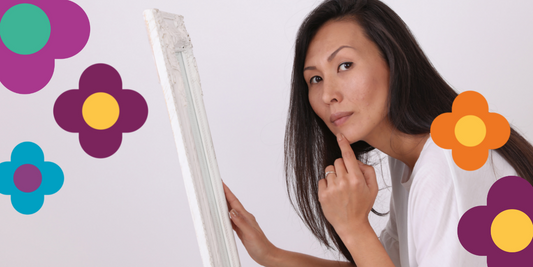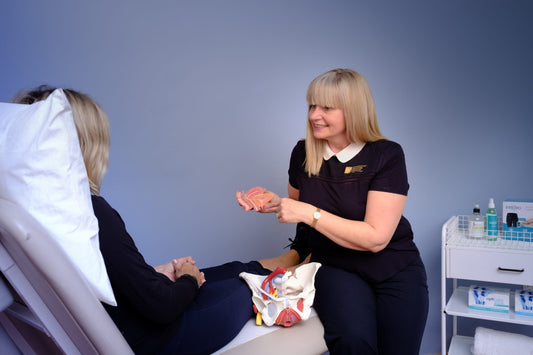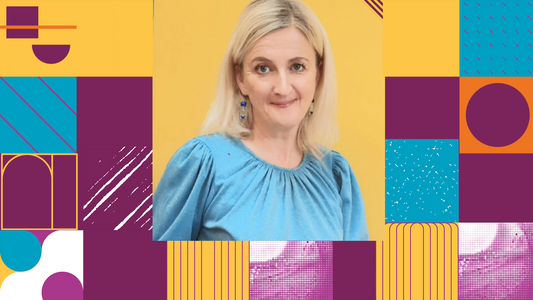Hormones and your period: The roles the three primary hormones play on your period
Sometimes women talk about being ‘hormonal’ at certain times of the month. Usually, that reference is short-hand for bloating, tiredness, mood swings, and irritability. But just what are these hormones? And what roles do they play? Learning about the hormones and your period will help you understand your period better in the long run.
Women experience three main hormones during their menstrual cycle: oestrogen, testosterone, and progesterone.
All three hormones support your mood, metabolism, and immunity to a lesser extent. They all have essential roles in a healthy menstrual cycle, although fluctuations and imbalances can create undesirable side effects.
Here’s what these hormones do individually:
Oestrogen
Oestrogen is the primary female sex hormone. Primarily produced in the ovaries, oestrogen controls the growth of the uterus’s lining in the first stage of the cycle.
Testosterone
Testosterone is a male sex hormone also found in females in smaller quantities. Its main function for women is to regulate sex drive, preserve muscle mass, and promote an overall sense of wellbeing.
Progesterone
Found in both women and men, Progesterone is a sex hormone that plays a big part in the later stages of our menstrual cycle, keeping the uterus lining thick.
Remember – your menstrual cycle starts on the first day of your period and ends when the next period begins.
The first part of the cycle prepares an egg to be released from the ovary and builds the uterus lining. The second part of the cycle prepares the body to accept a fertilised egg or start the next process if you don’t get pregnant.
All of these hormones are important to your reproductive health, and it's important to know what they are.
For more information and insights, make sure to follow KeyForHer on our social platforms.













